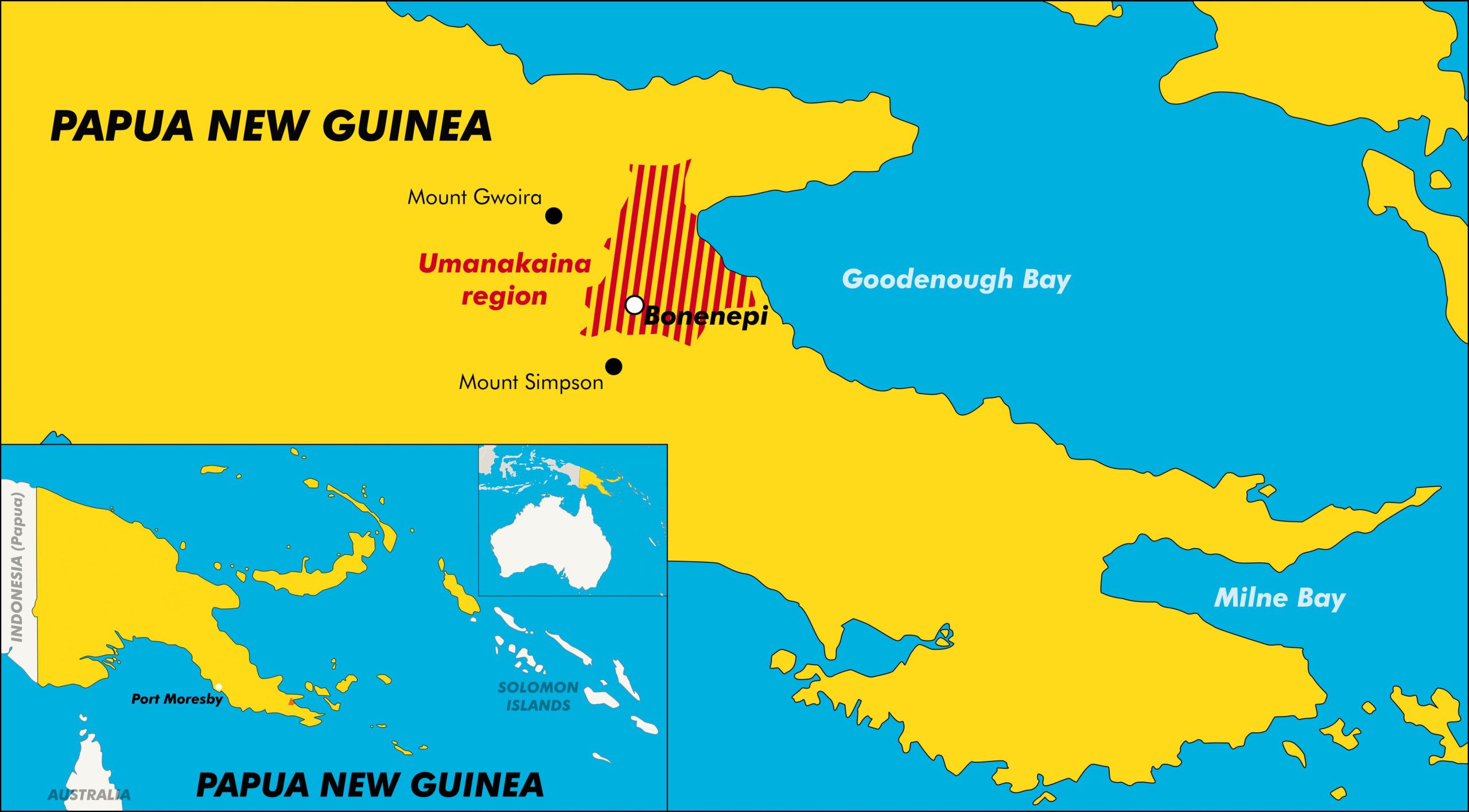A familiar tapping on the bamboo door announced Aidani’s presence.
‘Come on in!’ Sigmund called, always pleased to see his ‘little brother’.
Their friendship had deepened over years of language learning and Bible translation in Aidani’s home village in Papua New Guinea. They had filled their days with pronunciation practice and vocabulary lessons as Aidani taught Sigmund, from Wycliffe Norway, to speak his language, Umanakaina. They had plumbed the depths of the language together for the best way to communicate the meaning of each Bible passage. But one concept still eluded them. One word seemed to be completely absent from the language.
Aidani came in.
‘I wanted to let you know I’m leaving tomorrow,’ he announced.
‘Oh, where are you going? Will you be gone for long?’
But he wasn’t planning on coming back.
Sigmund was devastated, but Aidani could not be persuaded to stay. Little did they know, God was about to unveil a beautiful concept that had been hidden in this language for centuries and that would change Aidani’s life, and the lives of many Umanakaina speakers, forever.
Inconceivable grace
Some people believe that the features of your language – its vocabulary and grammar structures – shape your worldview and capacity to understand different ideas. Whether or not that is the case, it is certainly a challenge for Bible translators like Sigmund and Aidani when they are searching for a word that just doesn’t seem to exist. The local language may, for instance, have seven different words for potato, but no word for glory or grace. And without a clear way of expressing important biblical concepts like this, how can people understand the Bible’s message of good news? Or put their trust in Jesus, or grow in faith?
So what do you do? Sometimes you can expand the meaning of a word that’s already part of the language. And sometimes you need to introduce a word from another language. At other times, God has something entirely different in store.





